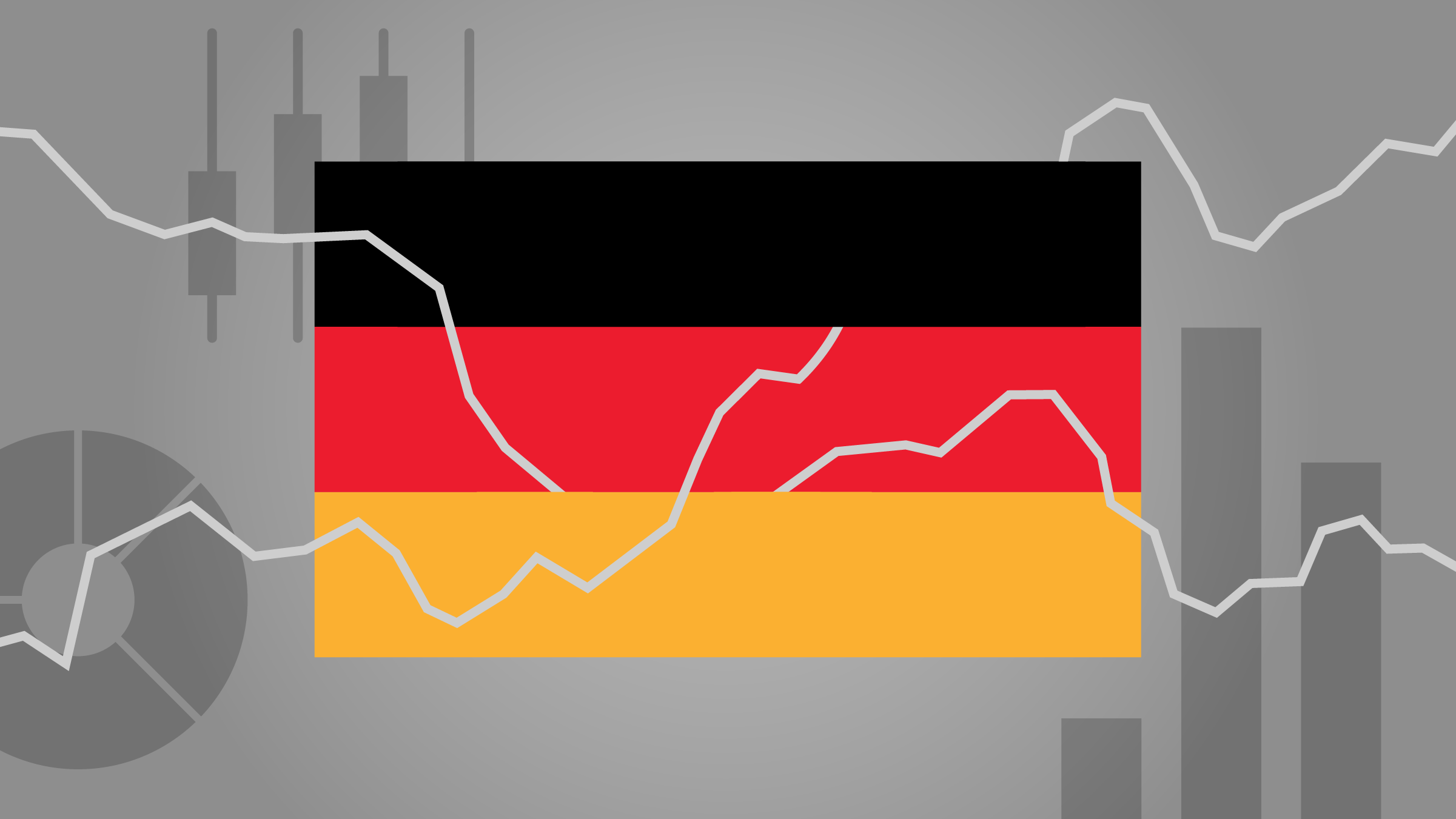Chairman Jan du Plessis said that while Rio Tinto and Chinalco had discussed potential amendments to the transaction to address the improved financial markets and shareholder feedback on the deal, they could not reach agreement on a revised deal and discussions had now ceased. Rio Tinto will pay an agreed break fee of US$195m.
Chinalco said in a statement that it had worked hard to engage with Rio Tinto to amend the terms of the deal to reflect the changed market background and feedback from shareholders and regulators. It added: “We are very disappointed with this outcome...We will continue to explore opportunities to advance its strategic objectives and in the meantime will monitor developments at Rio Tinto as the company's current largest single shareholder.”
The rights issue goes some way to addressing the debt burden built up by the Rio Tinto’s acquisition of Alcan, the North American aluminium group. The group will still have around £23bn of debt and said that it would not be paying a dividend this year in order to conserve cash. UK shareholders will be able to buy shares at 1,400p, a 48.5 per cent discount to their closing price on June 4.
The deal with BHP Billiton is focused on the iron ore assets in the Pibara region of Western Australia, in which both companies have a stake. The joint venture company will own the assets of both groups and is predicted to generate savings of around $10bn. In order to equalise the contribution value of the two companies, BHP Billiton will pay Rio Tinto US$5.8bn.
Rio Tinto’s original deal with Chinalco had become unpopular with existing shareholders, who believed they were being forced into excessive compromises. The $7.2bn convertible bond at the heart of the deal proved a particular sticking point.
The move was immediately popular. Rio Tinto’s share price reversed all of yesterday’s losses in early trading and then moved up further – it was up 10.29% to 3000p in early trading. The decline in the share price over the past year has been dramatic by any standards, falling from over 7,000p as the commodity bubble burst. It reached as low as 1,000p at the start of 2009 and has been steadily rising since. The group has undoubtedly got some problems ahead, but its unwillingness to be forced into concessions shows it still has considerable clout.

























